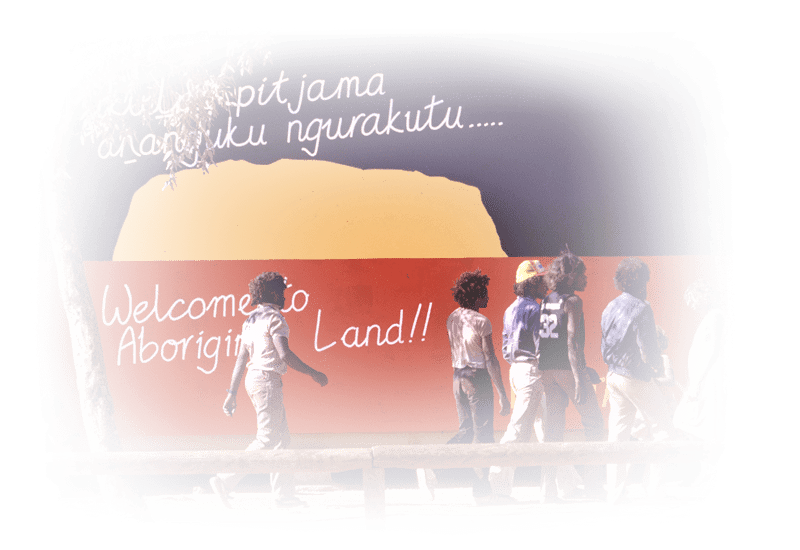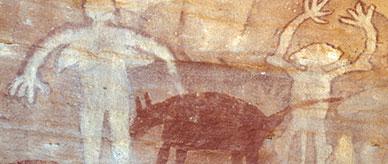For National Reconciliation Week 2022, Caroline Ashworth, Chair of our Reconciliation Action Plan Working Group, reflects on her journey of discovery and learning, of making change and taking responsibility as a member of the National Archives' team.
I first came to Australia from New Zealand 20 years ago. Working in archives, I thought that other people would tell me what to do with First Nations records. I believed that there were experts better placed to make decisions than me, and that I didn't have the expertise to recommend changes.
I grew up in a small city, where Maori culture and traditional ways were very strong, and where elders were leaders and decision makers.
I quickly discovered that 'across the ditch' things were far more complex. There are hundreds of First Nations communities across Australia and the Torres Strait Islands, each with its unique culture and traditions. I learned about the last 200 years, and the heartbreaking intergenerational trauma that First Nations peoples have endured, trauma that continues now.
Since then I have spent a lot of time learning about First Nations history, and about what reconciliation means. At National Archives, I am responsible for the operations of the audiovisual preservation team. This team works with the audio, video and motion picture film collections.
These holdings are vast. Often, we are the first ones to even touch a record for 50 years. These precious records include vital oral histories relating to land claims and actuality footage filmed on Country by Defence personnel and ethnographic film makers such as Ian Dunlop, including songs and ceremonies.
We also preserve the master materials for television programs from the ABC, such as the prize-winning Alcheringa program, and feature films from the Film Australia collection, including footage of Albert Namatjira, Faith Bandler, Charlie Perkins, Neville Bonner and more.
Working with this material is a great privilege, but also carries a great responsibility. We must correctly describe and preserve this content so that it is discoverable and accessible for future generations.
As the Chair of the Reconciliation Action Plan (RAP) Working Group, I am always thinking about the importance of these records for First Nations peoples. What are these records? Who is this community? Do they know these records are here? How can we tell them, and how would they want these records to be managed? These questions matter.
I have had so many amazing opportunities that have shaped my knowledge and perspectives.
In 2019, I attended the International Council on Archives' first Indigenous Summit and the National Reconciliation Convention. I have been privileged to spend time with amazing and generous First Nations people from Australia and around the world, being inspired by stories of leadership, change, positivity and possibility.






